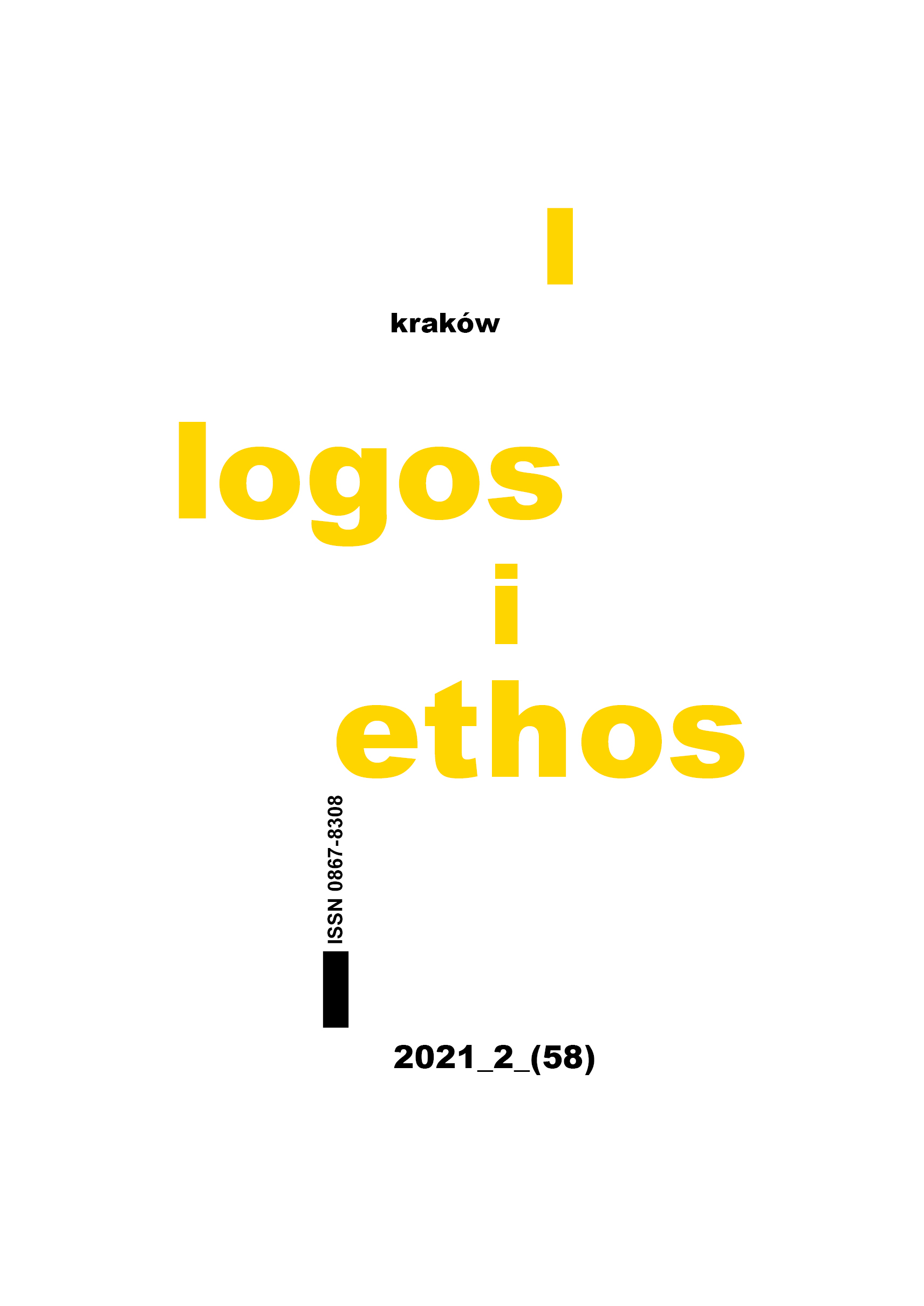The Revival of a Person in the Interpretation of Nikolay Berdyaev: Explanation of the Idea of Sobornost’ on the Example of Kabbalistic Concept about Adam Kadmon
DOI:
https://doi.org/10.15633/lie.4167Keywords:
Berdyaev, person, individual, Adam Kadmon, sobornost’Abstract
The questions about how human can be seen and recognized as a person were asked throughout the centuries. The Russian thinker Nikolay Berdyaev as a representative of personalistic school answers this question through the prism of the calling of man. Thus, he distinguishes between a person and an individual, when the former is created by God, and the latter is a social construct. In this fallen world human exists rather as an individual, but his aim is to become a person. According to the thinker, human by his spiritual exaltation is able to reveal himself as a person, but finally he admits it is possible only along with other people. Berdyaev connects the topic about human becoming a person with the idea of Sobornost’, which finds analogy in the Western theological literature in terms like “catholicity” or “conciliarity.” In his explanation of this topic the Russian thinker refers to the Kabbalistic tradition takes its idea about Adam Kadmon as an example for a perfect unity of all beings. Still, Berdyaev develops his vision about the idea of unity of all creation on the basis of the idea of human creativity and his destiny. And in such a spiritual unity of all beings every human revealed himself as a person what is foremost vision of Berdyaev’s personalistic sight.
References
Arzhakovskij A., Zhurnal “Put’” (1925–1940). Pokolenie russkikh religioznykh myslitelej v emigraczii, Kiev 2000.
Berdyaev N., Czarstvo Dukha i Czarstvo Kesarya, Moskva 1995.
Berdyaev N., Filosofiya neravenstva. Pis’ma k nedrugam po socyal`noj filosofii, Berlin 1923.
Berdyaev N., Istina i otkroveniie, Sankt Petersburg 1996.
Berdyaev N., O naznachenii cheloveka. Opyt paradoksal’noj etiki, Moskva 1993.
Berdyaev N., O rabstve i svobode cheloveka. Opyt personalisticheskoj filosofii, Parizh 1939.
Berdyaev N., Smysl tvorchiestva (Opyt opravdaniya chelovieka), Moskva 1916.
Berdyaev N., Tvorchestvo i obiektivacziya (Opyt eskhatologicheskoj metafiziki), Parizh 1947.
Gromova A., Problema sobornosti v kontekste prostranstvennykh obrazov vremeni-pamyati P. A. Florenskogo, „Vestnyk KGU im. Nekrasova” (2014) 2, pp. 225–228.
Hughes R.A., Nikolai Berdyaev’s Personalism, “International Journal of Orthodox Theology” 6.3 (2015), pp. 63–80.
Osipov G., Istoriya socziologii v Zapadnoj Evrope i SShA, Moskva 2001.
Scott D., Gilbert Simondon’s Psychic and Collective Individuation. Critical Introductions and Guides, Edinburgh 2014.
Tönnies F., Community and Civil Society. Cambridge Texts in the History of Political Thought, Cambridge 2001.
Downloads
Published
Issue
Section
License
The following rules apply to copyright:
1. The author declares that he or she has full copyright to the work, and such copyright it is not limited to the extent applicable to this declaration, that the article is an original work and that it does not infringe any third-party rights.
2. The author agrees to a free-of-charge, non-exclusive and non-restricted use of the work by Pontifical University of John Paul II in Krakow i.e.:
- to record and duplicate: make copies of the work by means of printing, reprography, magnetic or digital storage;
- to circulate the original or the copies of the work (disseminate, lend or lease the original or copies thereof, publicly display, screen or make the work publicly available so that everyone is able to access it at the time and in place they wish to do so);
- to include the work in a compilation;
- the Pontifical University of John Paul II in Krakow may grant sublicenses Creative Commons Acknowledgement of authorship-Non-commercial use-Without derivative work 3.0 Poland
- the author and the title of the work will be listed,
- the place of publication (name of the periodical and an Internet link to the originally published work),
- the work will be distributed in a non-commercial way,
- no derivative works will be created.
The UPJPII Press does not waive any of its copyrights to any target group.
If you want to publish the text in Logos and Ethos, you must sign the license. However, the signing takes place at a later stage of publishing. Check the license: [license_en.pdf]

